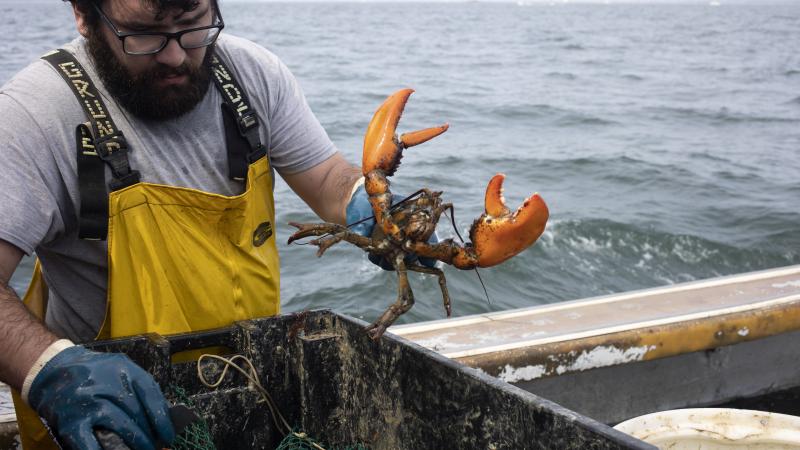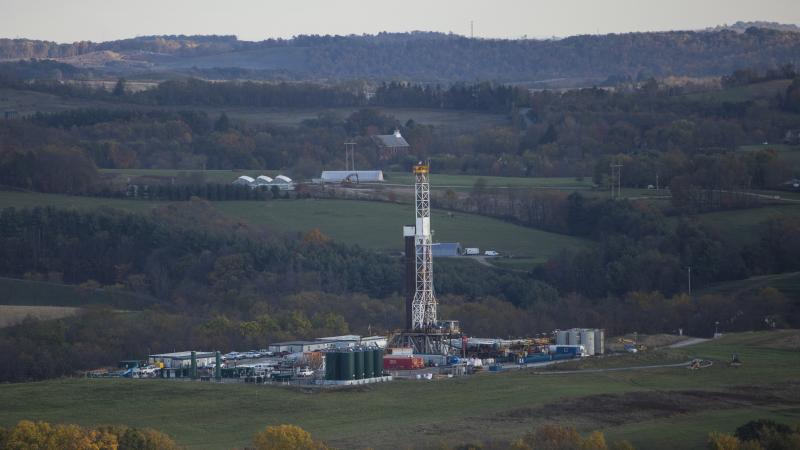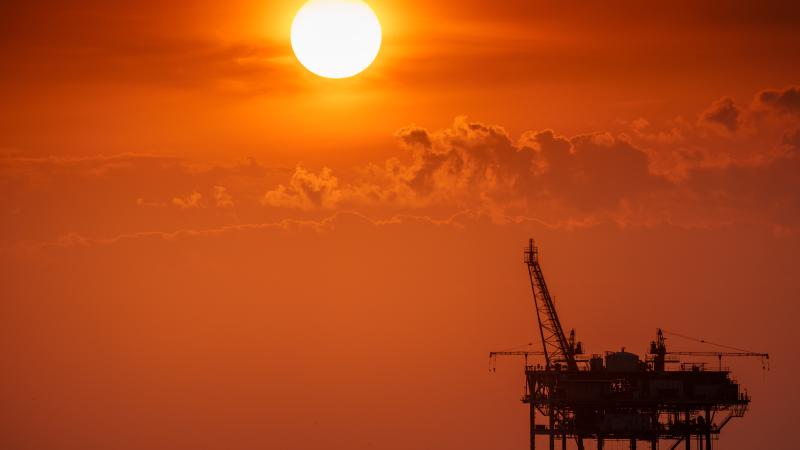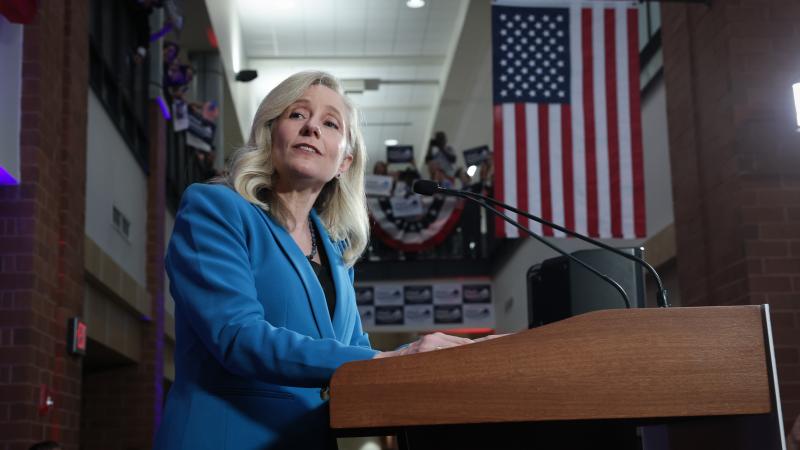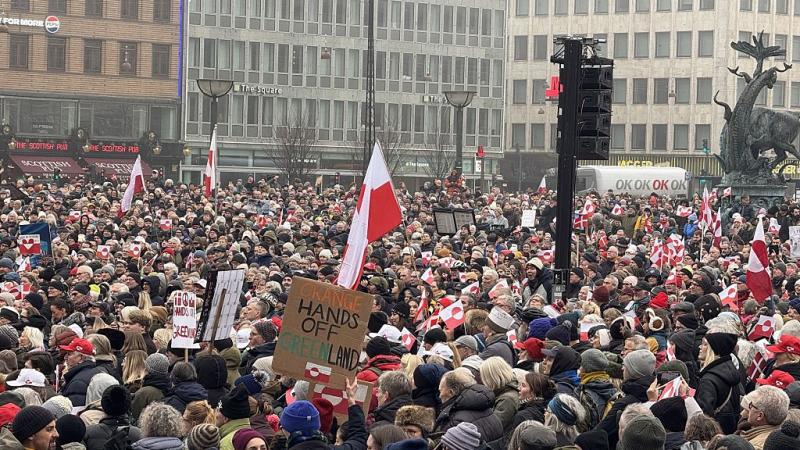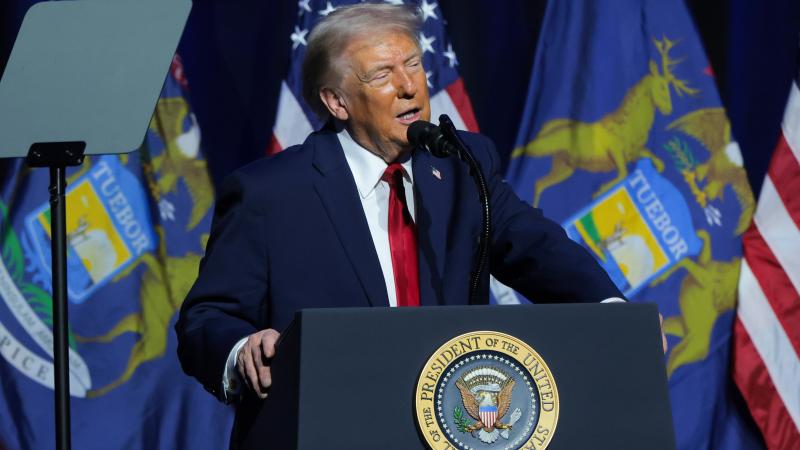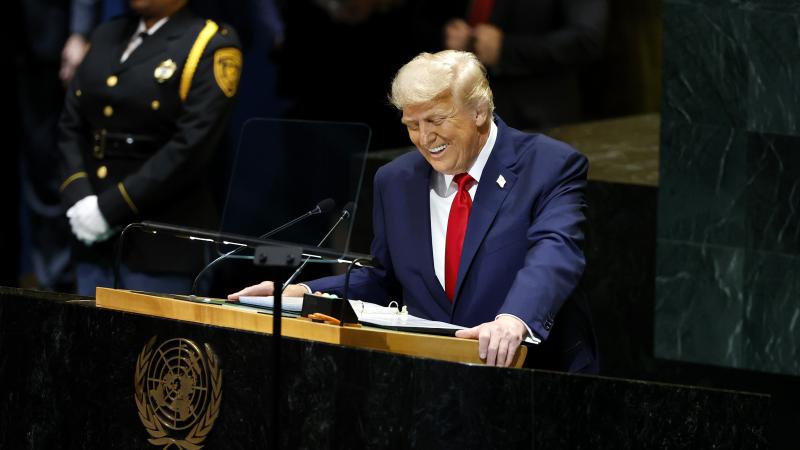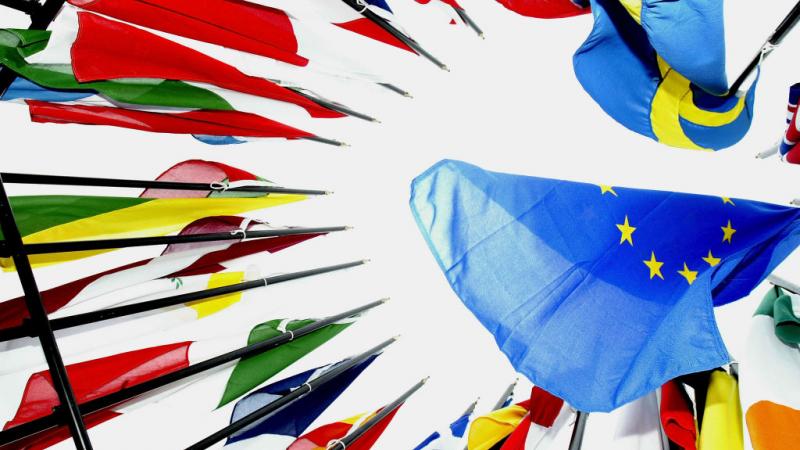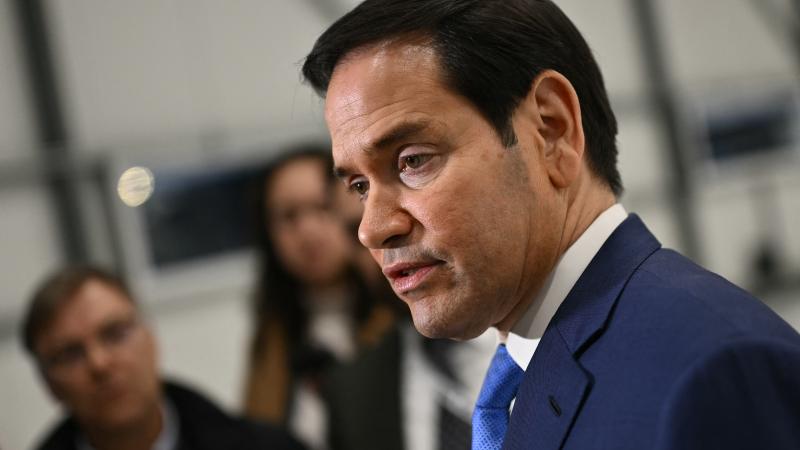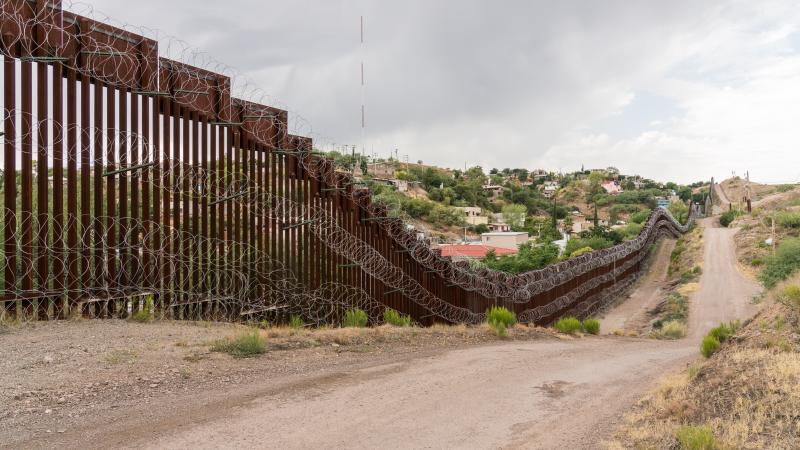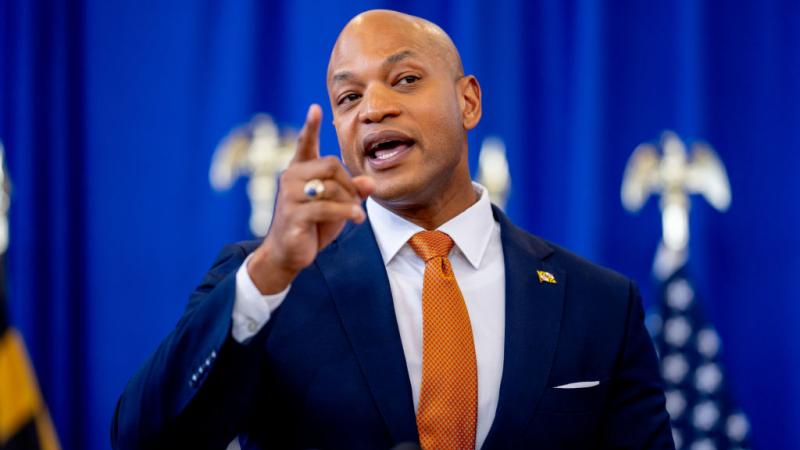WA’s carbon allowance costs up; critics assail Ecology's 'dishonest' take on gas prices
Under the Climate Commitment Act of 2021, emitters must obtain “emissions allowances” equal to their covered greenhouse gas emissions at quarterly auctions hosted by the Department of Ecology.
(The Center Square) -
Even as Washington's latest carbon auction generated $322 million for the state – bringing total revenue to nearly $3.2 billion since the cap-and-trade program took effect in January 2023 – critics say the state Department of Ecology is not being upfront about the program’s impact on fuel prices.
Under the Climate Commitment Act of 2021, emitters must obtain “emissions allowances” equal to their covered greenhouse gas emissions at quarterly auctions hosted by the Department of Ecology. Washington’s carbon auctions are meant to reduce greenhouse gas emissions and achieve the state's climate goals, while funding programs to address climate change and improve the environment.
Earlier this week, Ecology released the results of its June 4 carbon auction. According to Ecology, all 4.6 million current vintage allowances and 2 million future vintage allowances were sold. This marks the 10th consecutive sold-out auction for current vintage allowances. Future vintage allowances can be used starting in 2028.
Current vintage allowances sold for $58.51 each, which is $8.51 higher than the previous auction's price and above the price floor. Future vintage allowances sold for $26.61 each.
The Center Square contacted Ecology to ask how the latest allowance results would impact gas prices.
Caroline Halter, communications manager with Ecology’s Climate Pollution Reduction Program, referred The Center Square to Ecology’s news release on the latest carbon auction results, which touts the program’s stability.
“Additionally, in the two years the Cap-and-Invest Program has been in operation, there has not been a clear relationship between allowance prices and gas prices,” she emailed The Center Square. “We’ve seen gas prices rise as allowance prices fell, and we’ve seen the opposite happen, too.”
Halter continued: “Today’s gas prices are more than a dollar lower than their all-time highs back in 2022 – before Cap-and-Invest started – and nearly 40 cents lower than they were at this point in 2023, when allowance prices were pretty close to what they are now.”
According to AAA, the average price of a gallon of gas in Washington is nearly $4.36, while the national average is just over $3.13. The highest statewide average cost per gallon of gas in Washington history was $5.56 on June 16, 2022. Part of that increase was related to a jittery market due to Russia’s February 2022 invasion of Ukraine.
“We typically see gas prices go up each summer as demand increases,” Halter concluded.
Carbon auction critics don’t buy it.
“You are kidding me! The auction price went up and Washingtonians will have to pay more for gas thanks to the CCA hidden gas tax? Who saw this coming?” Brian Heywood sarcastically asked on Thursday on X.
Brian Heywood is the founder of Let’s Go Washington, the organization behind last year’s ultimately unsuccessful initiative to repeal the Climate Commitment Act that mandates carbon auctions.
His comments on social media referenced an observation by Todd Myers, vice president for research at the free-market Washington Policy Center think tank, about the price jump.
“The price jumped from $50 per metric ton in the first quarter auction to $58.51 in the most recent quarter,” Myers wrote in a Wednesday blog.
“That price equates to about 46 cents per gallon for gasoline and 56 cents per gallon for diesel. To be clear, that is not on top of previous increases but is the new level for the state’s CO2 tax. It is an increase of about 6 cents per gallon from three months ago.”
The Center Square asked Myers about Halter’s comments.
“This is such a dishonest answer, it is remarkable,” he communicated to The Center Square. “1. There are many influences [on] commodity prices. Taxes are one. Global markets are another. Taxes are pushing prices up and global markets fluctuate. 2. Ecology has admitted this in the past. So, too, did [former Gov.] Jay Inslee's policy advisor when he said very clearly that it would increase prices by 40 cents per gallon. This is not in dispute. 3. We know they have increased gas prices because Washington's prices are significantly higher than Oregon's, as I have pointed out repeatedly.”
Myers pointed out that California’s Legislative Analyst’s Office regularly releases reports noting that the state’s cap-and-trade program increases gas prices.
“Canadian Prime Minister [Mark] Carney removed the federal CO2 tax earlier this year, saying specifically that the goal was to reduce gas prices,” he noted.
On March 14, Carney announced the end of Canada's federal consumer carbon tax, effective April 1. Since then, gas prices in Canada have generally gone down.
“Again, literally everyone in the world except the dishonest staff at Ecology admits taxes on CO2 drive up costs,” Myers reiterated, adding that the point of the carbon auctions “is to raise the price of gasoline.”
A former Washington State Department of Transportation economist, Scott Smith, claims he was fired after refusing to suppress his finding that the carbon auctions would add 40 to 50 cents to the retail price of gas. In May, Smith filed for a voluntary dismissal of his whistleblower lawsuit against WSDOT, citing physical and emotional exhaustion.
